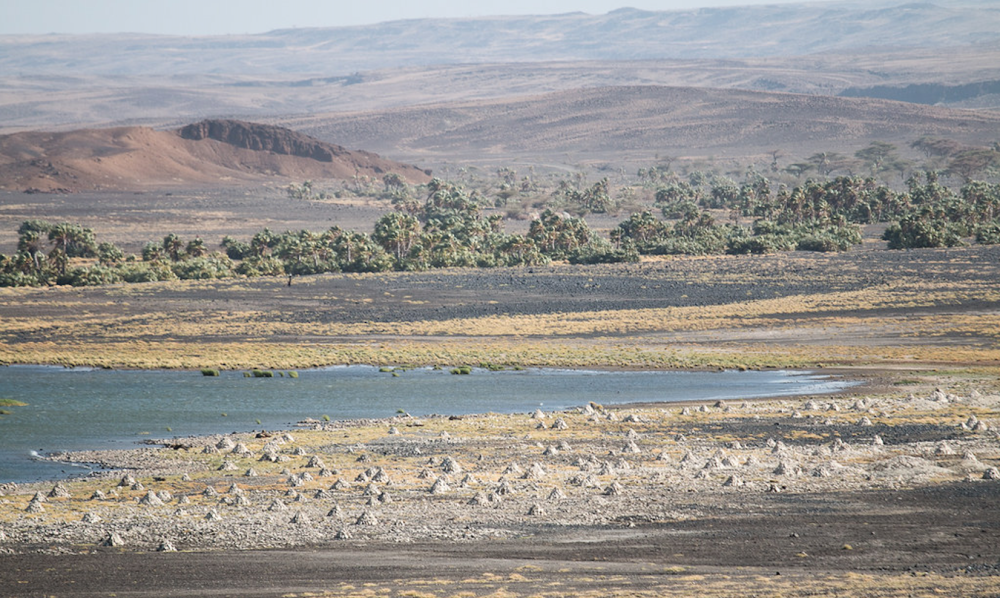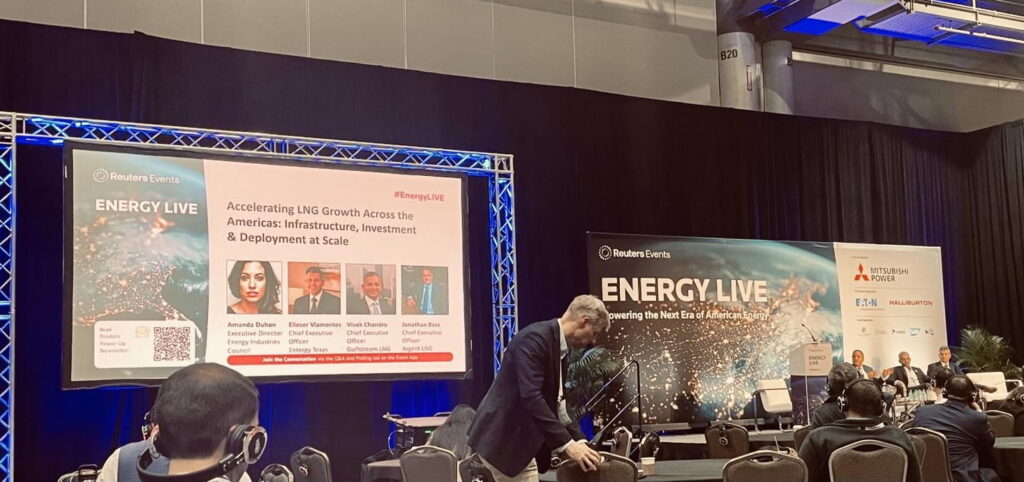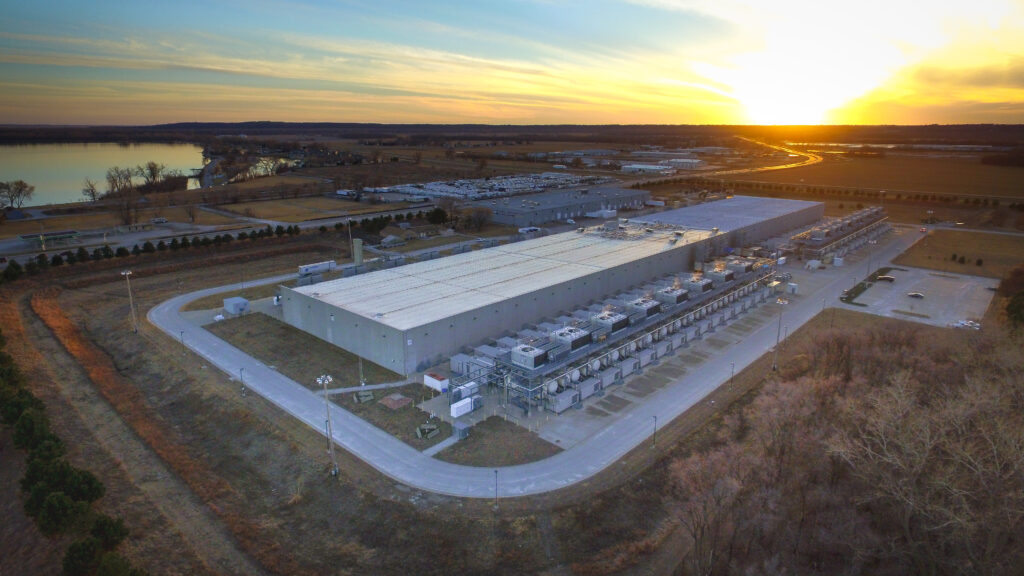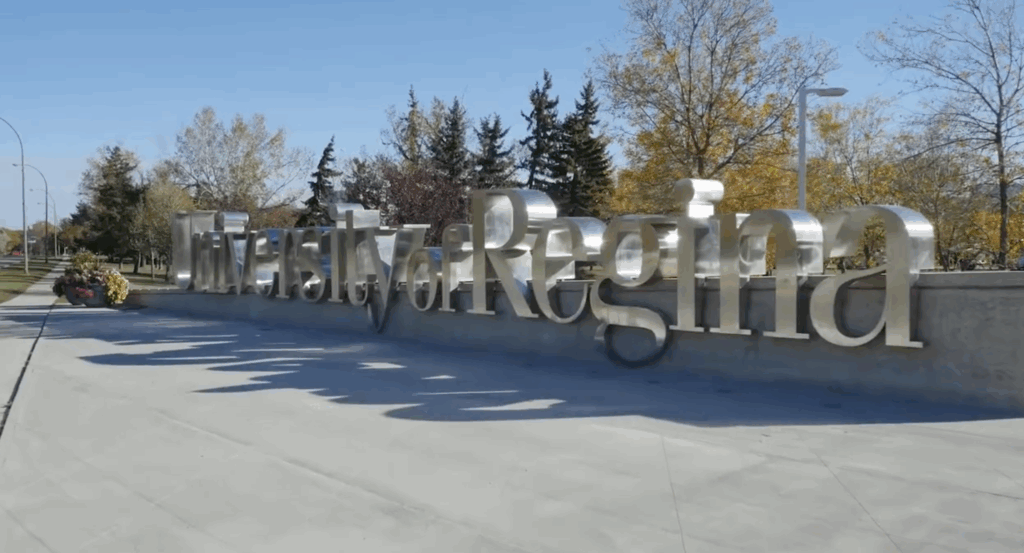In 2015, the World Bank bought a 6.8 percent stake in Africa Oil Corp, a Canadian-based oil and gas company, for CAD $65 million (US$50 million), despite opposition to the deal by the U.S Treasury Department over environmental concerns.
The purchase was made by the World Bank’s investment arm, the International Finance Corporation (IFC), of which the U.S., as well as 184 other nations, are shareholders.
Now, DeSmog can reveal, just six months before the purchase was finalized, there was a damaging oil spill at one of the company’s Kenyan operations, partly as a result of poorly maintained equipment. The ground operations were being run by Tullow Oil, a British-based oil and gas company, in partnership with Africa Oil Corp.
The incident was noted in a subsequent report, after the deal was agreed, by an independent monitoring group hired by the World Bank to check operations run by Africa Oil Corp and partners. The group published regular reports from 2016 to May this year raising concerns about the environmental and social impact of operations. These reports were published on Africa Oil Corp’s website per agreement with the IFC, but it is unclear whether they have been reviewed by IFC shareholders.
The oil leak and subsequent reports raise serious questions as to why the World Bank invested in a company involved in environmentally damaging operations, and continued to maintain their investment despite ongoing issues once the scheme started full production and oil exporting.
U.S. dissent
The IFC operates on a commercial basis investing exclusively in for-profit projects in developing countries. The deal with Africa Oil Corp was an equity agreement, with the IFC directly investing between 5-20 percent of the company’s equity. As part of the agreement, the IFC encourages companies to broaden share ownership through public listings to support local capital markets and promote local investment. All IFC member countries have a share of the IFC, and a say on investment proposals — each decision is decided by a majority vote.
When the proposed Africa Oil Corp deal was put to shareholders in July 2015, the U.S Treasury — then under the Obama administration — voted “no”, after outlining its “serious concerns with IFC’s proposed equity investment in Africa Oil”.
In a detailed published summary of the United States’ dissent, dated July 9, 2015, the U.S. criticized the IFC for failing to provide key documentation that would have allowed for a more thorough assessment of the risks associated with the investment given the “potential … for significant impacts on critical habitats and marginalized communities”.
The U.S. went on to question why Africa Oil Corp required additional investment given it was publicly listed on two separate stock exchanges with a market capitalization of nearly CAN $800 million.
The investment, however, went ahead despite the U.S. dissenting.
An IFC spokesperson told DeSmog: “…IFC invested equity in Africa Oil Corporation (AOC) to support the financing of AOC’s share of capital expenditures in the assessment and subsequent development of the Kenya oil discoveries. IFC aimed to bring significant value to the project and to all the stakeholders through various initiatives parallel to the investment, mainly by helping to ensure the sustainable and equitable development of Kenya’s natural resources, thus benefiting all the stakeholders including local communities.”
“IFC is a major shareholder of Africa Oil and we are grateful for their support since 2015,” a spokesperson from Africa Oil Corp told DeSmog. “Their participation has supported Africa Oil to achieve its sustainable development goals, through financial support and facilitating the implementation of enhanced social, environmental, and governance frameworks for the project.”
But as documents unearthed by DeSmog reveal, there were concerns raised about the practices of Africa Oil Corp, and their operation partner Tullow Oil, months ahead of the investment — and for years afterwards.
Oil spill
One of Africa Oil Corp’s main projects is an ongoing oil prospecting scheme in Turkana, Kenya, run in partnership with French giant Total and Tullow Oil, the company responsible for ground operations. DeSmog has previously reported on the environmental impacts of the Turkana project, which has continued despite allegations of wasteful spending and broken promises to the local community.
In February 2015, six months before the IFC deal was struck, the Turkana project experienced an oil spill at its Amosing well site. During a flaring exercise, oil leaked onto surrounding land, causing significant air pollution and environmental damage. One document reviewed by DeSmog describes the cause of the spill as “inadequate equipment design and maintenance and inadequate planning and procedures for supervision of operations, communications and response”.
Dennis Morton, a Social Performance Manager for Tullow from November 2013 to November 2015, remembers the oil spill incident. He told DeSmog:
“What was meant to happen is oil is burnt off and dissipated as gas but on this occasion the oil did not burn and spilled out. It was not loads, a few hundred barrels’ worth, which caused damage to a couple of hectares that could not be used again. Some farmers claimed their livestock died as a result.”
The spill was indicative of Tullow’s approach to safety, Morton said, saying he raised concerns to senior management about how things were being run. “There were issues from the outset … it was a bit of a cowboy approach,” he told DeSmog. Morton said he expected his concerns to be passed on to operation partners, including Africa Oil Corp.
In response to questions from DeSmog, Tullow said it had no comment.
Before the World Bank’s multi-million dollar investment was finalised in August 2015, the IFC team visited Africa Oil’s facilities in Kenya in January and April 2015. But these site visits were largely a “box-ticking exercise”, Morton claims.
“I was part of the on-site team who took them to see field work. It seemed to me that the whole thing was superficial. The team didn’t ask any in-depth questions and largely took people’s word for things. Any meetings were specially chosen by Tullow Oil to ensure they heard only positive things,” he said.
One of the conditions of the IFC agreement was for an independent monitoring group to begin an ongoing review into the operation’s health, safety, environment, and community impact, with regular inspections. The IMF contracted Environmental Resource Management, a multinational environment consultancy firm with offices around the world, to carry out the reviews.
The review process, which is still ongoing, has so far produced seven reports, with the latest one published in May this year. All reports are published on Africa Oil Corp’s website for review as required by the IFC.
In response to the concerns raised by Morton, Africa Oil Corp told DeSmog: “‘Box ticking’ and ‘superficial’ assessments are not the objective of the [Independent Monitoring Group] IMG audits. The IMG auditors have met with a range of Tullow staff and other stakeholders and have not been constrained in the topics that they may discuss. The IMG auditors are experienced professionals, including regarding the IFC performance standards.”
“Africa Oil and its Operating Partner (Tullow Oil) have sought to use the audits as a means to improve performance and identify material issues which require action,” the company said. “Any audit can only ever be a ‘snapshot’ of performance which seeks to identify systemic gaps and material issues for action.”
Incomplete safety plans
The May 2020 report refers to a number of key tasks that have yet to be completed, some of which had been highlighted in previous reports, including a requirement to complete critical Environment and Health Safety (EHS) plans.
The report states: “Previous IMG [Independent Monitoring Group] reviews identified the need to finalise and make the various EHS management plans and procedures fully operational and issued as controlled documents. These need to be incorporated within an integrated Environmental and Social Management System (ESMS) to demonstrate that project risks and impacts are being managed systematically.”
“It was reported in the sixth review,” the report continued, “that current approved and controlled documents are stored in the Operators Integrated Management System (IMS), however, access to this was not available to the IMG for that or the current review therefore this action remains open. Finalisation of the ESMS and its associated controlled documents is required as these are key documents describing how current and future project risks are to be identified and managed.“
This summary reveals important procedures to protect the environment and local community were still not in place five years after the IMF investment and eight years after oil deposits were first found in Turkana.
An IFC spokesperson told DeSmog: “IFC regularly monitors Africa Oil and supports Tullow Oil’s implementation of the environmental and social action plan, maintains an active dialogue with the upstream partners, recommending corrective measures necessary to address identified risks and issues. IFC also engages an Independent Monitoring Group (IMG) that visits the project site regularly and publishes its findings online.”
Other issues raised in the May 2020 report include a requirement to update land access and resettlement plans of dwellings on land required for drilling, shortcomings on plans for biodiversity and management of critical habitats, and the need to develop a plan to support Indigenous communities.
There are over 40 recognised indigenous communities living in Turkana with three different languages spoken. They make up one of the largest nomadic communities in Kenya.
The area — which includes Lake Turkana National Park, a UNESCO World Heritage Site — is home to the Nile crocodile, hippopotamus, and several snake species, all of which could be impacted by ongoing oil production and transporting activities.
“This in many instances … land has been left bare with no vegetation, and excavation pits left uncovered,” said Benson Nakuwa Muya, a Turkana based activist working closely with the indigenous communities. “The understanding that Tullow will take care of the environment is one of the reasons why the local community allowed oil operations.”
Africa Oil Corp told DeSmog: “Africa Oil is proud of the role it has played in developing the Kenyan energy industry and its direct contribution to community development projects over the last decade.”
The company described its Kenyan operations as having the “potential to contribute significantly to the country’s development plans. We strive to work with our partners and the Government of Kenya to realise this potential.”
Safe transport concerns
The independent reviews also raised concerns about the company’s oil transport plans to the port at Mombasa, where it’s been shipped to Malaysia; a Chinese state-owned multinational secured the first shipment of 200,000 barrels. The transport scheme — outsourced to a contractor with Tullow Oil — started last year with oil transported in truck conveys loaded with tankers fresh from drilling sites in Turkana, travelling 390 km along mainly under-developed roads.
One review, dated April 2019, highlighted issues over drivers’ allowances and overnight accommodation, a lack of suitable equipment to clean potential oil spills, and a lack of relevant training for drivers.
These concerns do not seem to have been picked up by Africa Oil Corp and Tullow Oil because on November 21, 2019, seven months after the review was issued, one of the oil delivery trucks was involved in a traffic accident, which led to the death of a nine-year old boy. The IFC was notified of this incident the day it happened, Africa Oil Corp told DeSmog.
The most recent review from the independent monitoring group refers to an accident investigation report of the incident. That report highlighted several root causes, including “…the serious lack in following up on identified gaps in driver training” regarding the driver involved in the accident. It also referenced 12 previous incidents involving the same driver, including braking infractions, distracted driving, and poor hand positioning on the steering wheel.
The transport scheme had been suspended as a result and this was still the case by the time the review was published in May this year with oil stored in Turkana ready to be transported. DeSmog asked Tullow Oil and Africa Oil Corp what action had been taken. Tullow Oil did not provide any information. Africa Oil Corp referred us to the Incident Investigation Findings and told us there are no plans to resume transportation operations.
All of these concerns should have been raised with IFC shareholders including the U.S Treasury, who made it clear in 2015 that it “expects that the IFC will closely monitor, and that the IFC’s policies will apply to all aspects of Africa Oil’s operations, and that the IFC will promptly provide the Board notice of any adverse environmental and social impacts stemming from Africa Oil’s operations”. It is not clear if this was adhered to.
Morton left Tullow Oil in November 2015, but continued to work in the area advising local communities on environmental strategy. He says many of the reports’ recommendations have not been implemented at the Turkana oil production sites.
“Tullow was responsible for implementing each report’s recommendations but they were just ticking boxes and getting it out of the way, not really changing anything,” he said. “There are things in the reports that claimed to have been done but [that’s] not the case. For example, the reports talk about progress on engagement and working with Indigenous communities, but Tullow largely ignored them.”
Dickens Kamugisha, Chief Executive of Ugandan based NGO African Institute for Energy Governance, criticised the World Bank’s decision to invest in Africa Oil Corp. “Given the negative track record of these oil firms, the World Bank should not have associated themselves with them,” he said. “We have seen across Africa the same issues time and again with companies taking advantage. It is a constant challenge trying to ensure they comply with the regulations in place.”
Kamugisha has led the NGO work in highlighting shortcomings in oil production in Uganda, where Tullow Oil was also operating, and works closely with local communities and groups from neighbouring countries to try and ensure oil companies operate properly.
He is concerned that the long-term impact on the environment will be significant. “The World Bank is meant to support citizens, but this shows that companies can do what they want,” he said. “Given the sensitive nature of the work, it has the capacity to destroy nature and have a terrible impact on local communities.”
But the oil operations continue to this day. Just this month, the Kenyan Government agreed to extend oil prospecting licences to Tullow and partners to the end of 2021 and the IFC retains its investment in Africa Oil Corp.
This article was developed with the support of the Money Trail Project.
Main image: Lake Turkana shore landscape. Credit: Carsten ten Brink CC BY–NC–ND 2.0
Subscribe to our newsletter
Stay up to date with DeSmog news and alerts






